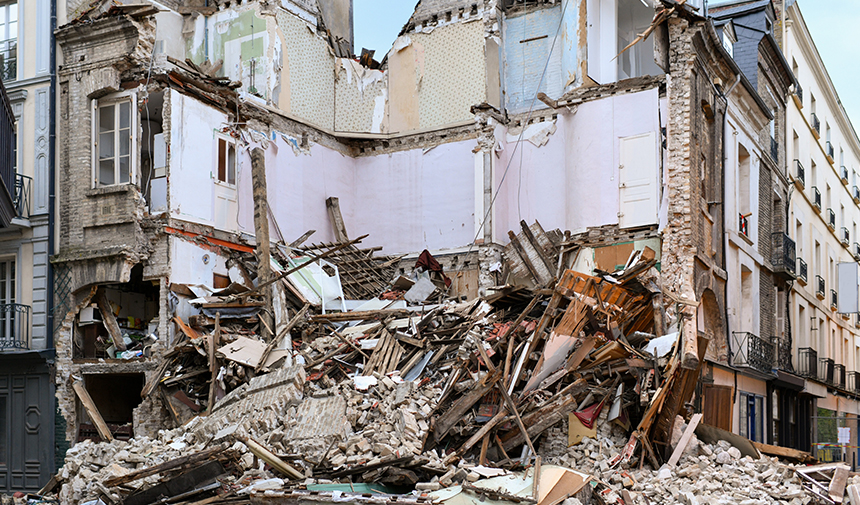Earthquakes are often associated with natural disasters because of their devastating effects. But the existence of earthquakes is a natural consequence of our planet’s geological processes. So what would a world without earthquakes look like? To answer this question, we need to understand the causes of earthquakes and the benefits they bring to the world.
Earthquakes are usually caused by the movement of tectonic plates. The Earth’s crust is divided into several large plates and many smaller ones. These plates are in constant motion and the friction between them causes stress to build up. When the accumulation of stress reaches a certain point, there is a sudden movement between the plates and an earthquake occurs. This movement is also associated with the formation of mountains, volcanic eruptions and other geological phenomena.
If the Earth were a place without earthquakes, this would mean that the tectonic plates were stationary. No movement of the plates means that mountain building, volcanic activity and other geological processes stop. No mountain building would mean that mountains would disappear over time through erosion and other natural processes. This would lead to major changes in the Earth’s surface.
A world without earthquakes would also be a place where the Earth’s crust is less active. This could lead to reduced movement of magma underground. Reduced volcanic activity could affect the circulation of carbon dioxide and other gases in the atmosphere, which could lead to long-term effects on global climate. Volcanic eruptions stabilize the atmosphere by emitting aerosols and other gases that affect the climate.
The Earth is built on a balance of natural processes. Earthquakes and volcanic activity provide a mechanism for releasing energy from underground. If this mechanism is removed, the accumulation of energy and the resulting pressure can affect the Earth’s internal dynamics. This could lead to larger-scale geological events.
A world without earthquakes could also have different impacts on human life. Earthquakes and other geological events enrich the soil and bring minerals to the surface. This is important for industries such as agriculture and mining. Earthquakes also play a role in the formation of water resources and the movement of groundwater in mountainous regions.
As a result, a world without earthquakes would be a place where surface and subsurface dynamics change dramatically. Mountain building, volcanic activity and other geological processes would stop, leading to long-term and complex impacts on life on Earth. Earthquakes, although they can be devastating, play a critical role in the natural functioning of the planet.



